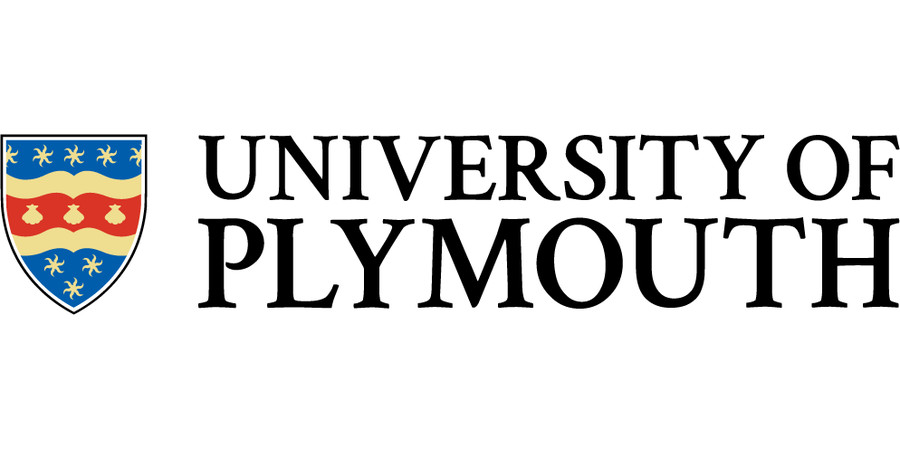PhD Environmental Sciences - “Tools for Assessing Microbial Risks of Groundwater Heating”
University of Plymouth - Geomicrobiology Group
| Qualification Type: | PhD |
|---|---|
| Location: | Nottingham |
| Funding for: | UK Students, EU Students, International Students |
| Funding amount: | £20,780 maintenance stipend, per annum for 2025/26 (2026/27 rate TBC) and research costs |
| Hours: | Full Time |
| Placed On: | 13th November 2025 |
|---|---|
| Closes: | 7th January 2026 |
DoS: Dr Simon Gregory, British Geological Survey
2nd Supervisor: Dr Matt Bailey-Ross
3rd Supervisor: Dr Mike Spence, British Geological Survey
4th Supervisor: Dr Sian Loveless, Environment Agency
Applications are invited for a 3.5 years PhD studentship. The studentship will start on 01 October 2026
Project Description
We invite applications for an exciting project that will explore how microbes interact with aquifer energy systems, a crucial technology in the decarbonisation of our built environment. The project will involve field and laboratory investigations to understand how temperature changes associated with ground source heating and cooling will affect the microbiology in groundwater. Changes to microbial community diversity and number (including pathogens); precipitation/dissolution/biofilm formation; organic matter degradation; redox status of groundwater and production of toxic products; and decomposition and mobilisation of contaminants have been identified as potential consequences of increased groundwater temperatures in the Environment Agency Ground Source Heating and Cooling systems map (https://kumu.io/csgnz/environment-agency-gshc-systems-map-2024 ). All these impacts are identified as having “complex/uncertain” interactions indicating the need for further research.
You will be based within the geomicrobiology group at the BGS headquarters in Keyworth, Nottingham with short periods of time spent at University of Plymouth. Training will be provided in analysis of microbial communities and processes (DNA based techniques, microscopy, microbial culture and water chemical analysis), hydrochemistry, experimental design and fieldwork. The project will require fieldwork to be carried out at the UKGEOS site in Cheshire and other UK sites. Field sampling and monitoring will be combined with programme of laboratory experiments to determine microbial responses to temperature change.
During the project, you will identify a suite of tests, based on literature review, that could be used as a toolkit to assess microbial risks associated with warming groundwater. These will then be tested in the laboratory and field to help quantify risk. The project will focus on developing tests that could easily be used in real world situations and will also make use of DNA sequencing technologies to better understand the effects on microbial communities.
Applicant should have enthusiasm for decarbonisation, environmental sciences and applied research. While full training can be provided, the successful applicant is highly likely to have experience in relevant laboratory or field work, microbiology or molecular biology (particularly related to environmental microbiology).
Eligibility
Applicants should have a first or upper second class honours degree in an appropriate subject or a relevant Masters qualification. Applicants should be able to demonstrate an interest in decarbonisation, environmental sciences and applied research. The successful applicant is likely to have experience of relevant laboratory or field skills.
If your first language is not English, you will need to meet the minimum English requirements for the programme, IELTS Academic score of 6.5 (with no less than 5.5 in each component test area) or equivalent.
Successful candidates who meet UKRI’s eligibility criteria will be awarded a fully-funded ARIES studentship of fees, maintenance stipend, £20,780 p.a. for 2025/26 (2026/27 rate TBC) and research costs.
If you wish to discuss this project further informally, please contact Dr Simon Gregory, simongr@bgs.ac.uk.
Please see here for a list of supporting documents to upload with your application.
Please click on the 'Apply' button above for further information and to apply.
The closing date for applications on 7th January 2026.
Advert information
Type / Role:
Subject Area(s):
Location(s):









